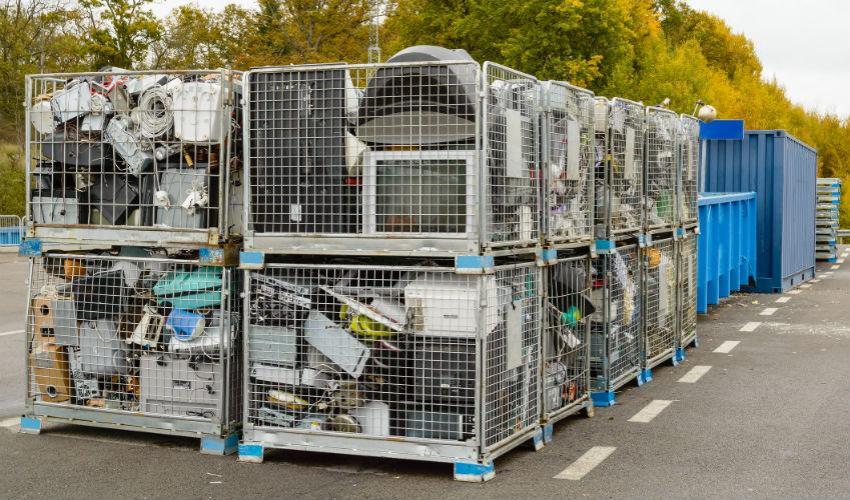
The Collection of Electronic Equipment Will Generate 15,000 Jobs in Ten Years
ON THE EVE OF MAJOR CHANGES IN WEEE COLLECTION, A STUDY BY IEFE BOCCONI FOR REMEDIA ESTIMATES THE ECONOMIC IMPACT UP TO 2030Over the next two years, the collection of waste of electrical and electronic equipment (the WEEE) will be at the center of disruptive changes, which will widen the range of equipment to be collected and increase the collection target. According to the estimates of a report by IEFE Bocconi for Remedia, disclosed today at Bocconi, this could mean a jump from the current collection of 358,000 tons per year to 2 million tons in 2030.
If the targets are reached, raising the new collected quantities could result in
- An employment impact of 15,000 jobs.
- Savings on the purchase of raw materials of 390 million euro (compared to today’s 120 million euro)
- A saving of 2.5 million tonnes of CO2 equivalent in greenhouse gas emissions, with an economic value of €100 million per year.
In 2016, about 282,000 tonnes of domestic WEEE and 76,000 tonnes of professional WEEE were taken from the treatment plants, equal to 40% of the market introduction (against a European target of 45% until next year). Domestic WEEE are managed by collective systems of producers, in proportion to the market share of the participating producers, while professional WEEE can also be managed by individual producer systems.
From 15 August 2018, WEEE will no longer include only electrical and electronic products comprised in the regulation, but all those products that are not explicitly excluded. The volumes within the scope of the law will thus multiply at least by 2.5, starting from the current 875,000 tons. In addition, from 2019, the EU collection target will increase from 45% to 65% of the EEE put to market.
“The transition to the new system", says Edoardo Croci of IEFE Bocconi, who coordinated the research," will lead to higher operating costs, but at the same time a wider base of producers to share these costs. It will then be important to expand monitoring and enforcement activities to check registrations in the National Registry, improve and expand the tracking for an effective assessment of responsibilities, and clearly define the WEEE excluded from the open scope system".
by Fabio Todesco
